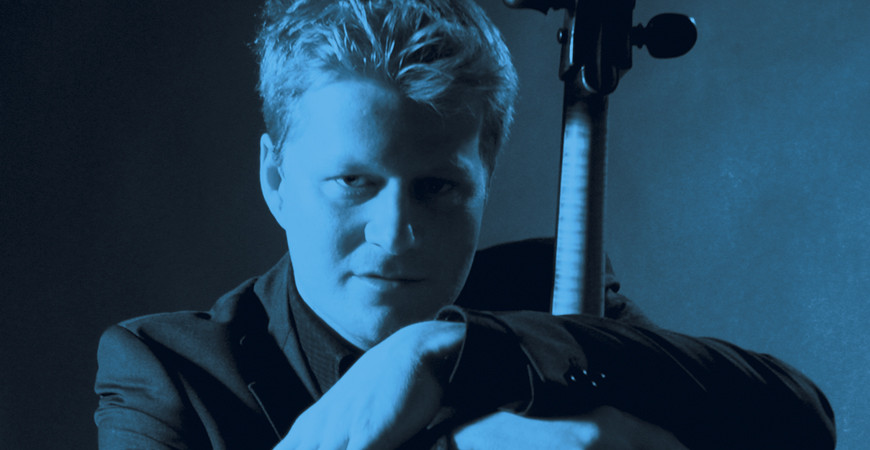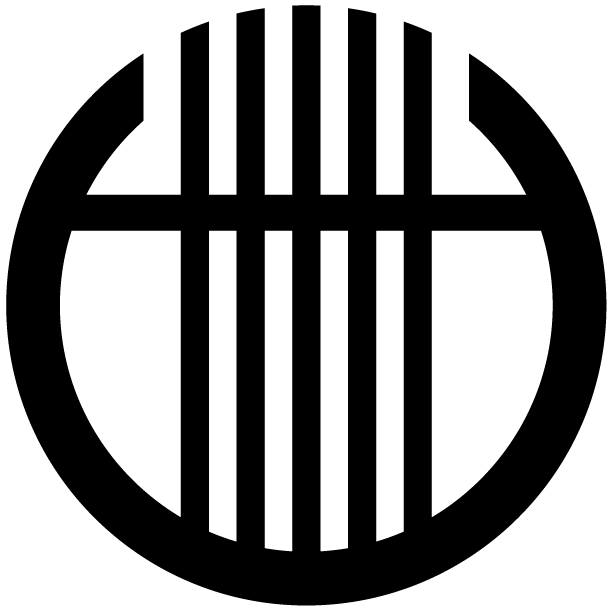Haydn
C-dúr divertimento (Hob. II:C9, „Quintet concertant”)
Haydn
D-dúr csellóverseny (Hob. VIIb:2)
SZÜNET
Schubert-Mahler
d-moll vonósnégyes (D. 810 – „A halál és a lányka”)
-;-Fenyő László (cselló)
Új Magyar Kamarazenekar (művészeti vezető: Bánfalvi Béla)
When in 2004 he won the Kronberg International Pablo Casals Cello Competition, it became clear that László Fenyő was one of the finest cellists of his generation. In 2005 he was awarded the Liszt Prize and, three years later, the Junior Prima Prize. Naturally, concert invitations also flooded in, from London’s Wigmore Hall to Concertgebouw in Amsterdam and several from the Far East. László Fenyő began his studies in the department for especially talented artists of the Liszt Academy, and he is currently head of department at the Hochschule für Musik Karlsruhe. This night, he takes to the stage of his alma mater as partner of the Hungarian Chamber Orchestra, formed three years ago under the artistic direction of Béla Bánfalvi. The authenticity of the piece Fenyő will perform, Haydn’s Cello Concerto in D major, among the most attractive pieces in the cello repertoire, has been debated by musicologists despite textual analysis giving every indication that Haydn wrote it. Besides, the material itself signals that its creator was certainly not a ‘minor master’. The composition is performed between a Haydn divertimento and the Mahler transcription of the Schubert string quartet working up the song ‘Der Tod und das Mädchen’ in its slow movement.
Jegyár:
HUF 1 400, 2 100, 3 500, 4 900




